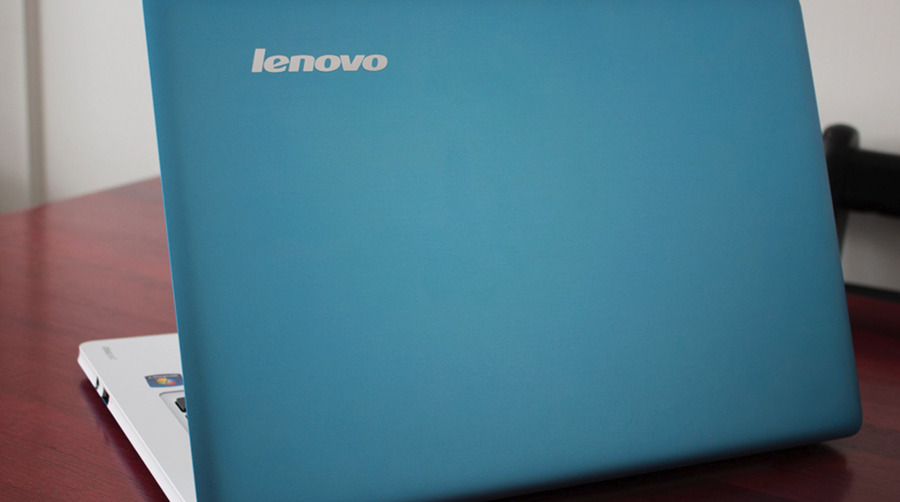Founded in 1984 by Liu Chuanzhi and a group of engineers from the Chinese Academy of Sciences, Lenovo has grown exponentially to become the largest personal computer manufacturer in the world. With a market share surpassing 20% and ranking as the fifth largest mobile phone manufacturer, Lenovo’s journey is a testament to its innovative strategies and global influence.
Historical Overview of Lenovo
The origins of Lenovo trace back to Beijing, where it was first established under the name New Technology Developer Incorporated, later becoming Legend. The company’s initial focus was on importing televisions and modifying IBM computers to support Chinese characters, setting the foundation for its future in technology.
Key Historical Milestones:
– 1990: Lenovo assembled its first own-brand computer, marking a significant shift from importer to manufacturer.
– 1994: The company went public on the Hong Kong Stock Exchange, raising $30 million to fuel further expansion.
– 1997: Achieved the status of the top PC seller in China, overtaking industry giant IBM.
– 2001: Reorganized under the umbrella of Legend Holdings Ltd., enhancing its operational structure.
– 2003: Rebranded from Legend to Lenovo as it prepared for a more global presence.
– 2005: Made a bold entry into the global market by acquiring IBM’s personal computer division.
– 2014: Continued its expansion in mobile technology by acquiring Motorola Mobility from Google.

Lenovo’s Business Focus
Lenovo’s strategic focus is centered around leading the global market in personal computing devices through continual innovation and superior product quality. The company aims to integrate technology seamlessly into the personal and professional lives of users worldwide through a comprehensive ecosystem of products and services.
– Personal Computers: Lenovo strives to bolster its industry leadership by constantly innovating and enhancing the quality of its PC products.
– Convergence: Aims to develop a leading industry ecosystem encompassing devices, services, applications, and content for a seamless user experience.
– Corporate Culture: Lenovo focuses on building a corporate identity that is respected and admired, making it a desirable partner and employer in the technology sector.
Sustainability and Innovation
Lenovo is dedicated to reducing its environmental impact through sustainable practices. This commitment is reflected in its use of recycled materials in manufacturing processes and ongoing efforts to decrease carbon emissions across its operations. These initiatives demonstrate Lenovo’s commitment to environmental stewardship while continuing to push the boundaries of technological innovation.
Product Lineup
Lenovo offers an extensive range of products tailored for both individual consumers and businesses:
Computers and Laptops: Known for reliability and innovation, Lenovo’s lineup includes the business-oriented ThinkCentre, the durable ThinkPad series favored by professionals, and the versatile IdeaPad series for general consumers.
Smartphones: Post-acquisition of Motorola Mobility, Lenovo has strengthened its presence in the smartphone market, integrating advanced features like high-resolution cameras and 5G technology.
Servers and More: Lenovo’s offerings extend to servers, monitors, video projectors, and various computing accessories, catering to needs ranging from data centers to personal computing enhancements.
Software Development: Lenovo develops software that complements its hardware, enhancing device management, data protection, and overall user experience.
Lenovo’s diverse product portfolio is designed to meet the evolving needs of users across different sectors, ensuring high-quality technology solutions for every market segment.

Breakthrough Products
Lenovo has consistently pushed the boundaries of technology and design, introducing products that have become benchmarks within the industry:
– 2008 ThinkPad X300: The ThinkPad X300 was a groundbreaking release from Lenovo, known for its ultra-thin profile that did not compromise on features or performance. This model stood out in the market for its lightweight construction, making it ideal for business professionals on the go. It featured a full array of ports and a built-in DVD burner, rare for its size, offering a perfect blend of functionality and mobility. Its robust build quality and superior battery life set a new standard for ultraportable laptops.
– Yoga Series: Lenovo revolutionized the laptop market with its Yoga Series, introducing the 2-in-1 convertible design. This innovative approach allowed the device to serve dual purposes – as a traditional laptop and as a tablet, with a flexible hinge that could rotate 360 degrees. The Yoga Series exemplified versatility and adaptability, catering to a growing demand for multifunctional devices in a mobile-first world. This series showcased Lenovo’s commitment to innovation, as it continuously evolved with improvements in touch screen technology, pen support, and ergonomic design, maintaining its position at the forefront of the convertible laptop market.
– 2012 ThinkPad X1 Carbo: The ThinkPad X1 Carbon set a new precedent for business laptops with its introduction in 2012. It was distinguished by its use of carbon fiber in the chassis, which provided an unmatched blend of strength and lightness, making it one of the lightest laptops available. The X1 Carbon delivered high durability, which was a significant advancement in materials technology within the laptop industry. It also featured top-of-the-line specifications, long battery life, and enhanced security features, making it a top choice for business professionals looking for a reliable and secure computing solution.
These products not only reflect Lenovo’s ability to lead and innovate but also its deep understanding of its customers’ needs, setting the pace for future developments in personal and business computing. Each model has contributed to solidifying Lenovo’s reputation as a leader in making technology that is both cutting-edge and reliably robust.
Global Presence and Distribution
Lenovo’s manufacturing capabilities are global, with facilities in the USA, India, Mexico, and the first European factory established in Poland in 2007. The company boasts more than 35 manufacturing sites worldwide and is supported by extensive research centers in China and Japan.
– Market Share: As of the end of 2020, Lenovo commanded 26.8% of the global notebook market, underscoring its significant role in the technology sector.
Conclusion
From its humble beginnings to becoming a global technology market leader, Lenovo has focused on innovation, sustainability and customer satisfaction. With a wide range of high-quality products and a strong commitment to environmental responsibility, Lenovo is not only leading but also changing the technology industry.In addition, Lenovo has created Cloud Storage-a cloud-based service for storing and synchronizing data for various devices. thus Lenovo has developed cloud solutions in UAE and around the globe.

Hockey fan, tattoo addict, hiphop head, Eames fan and independent Art Director. Operating at the intersection of art and purpose to give life to your brand. I work with Fortune 500 companies and startups.


